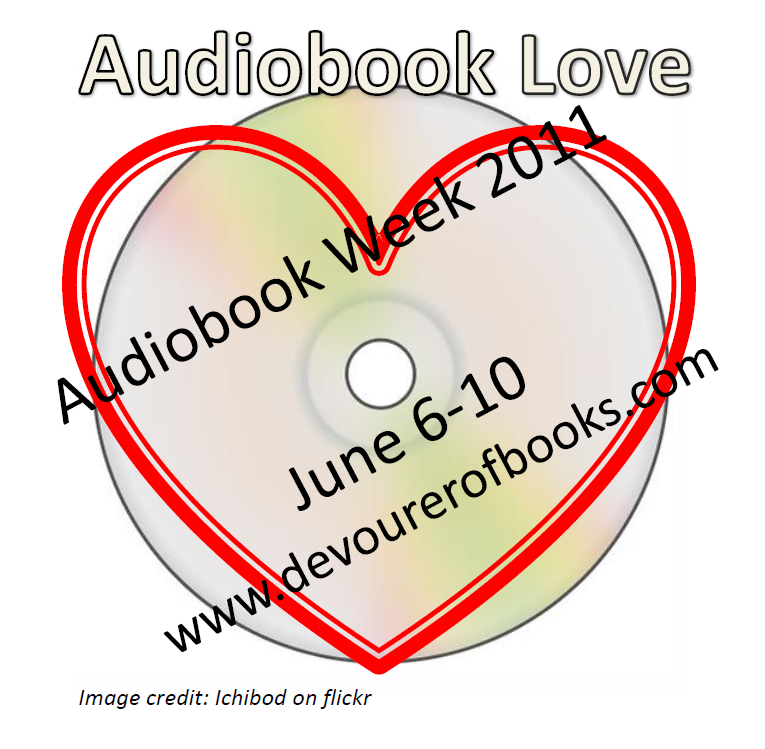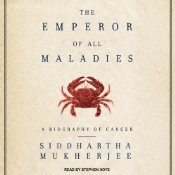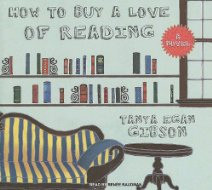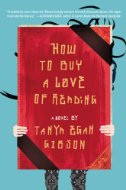Snakewoman of Little Egypt by Robert Hellenga, narrated by Coleen Marlo
Published in audio by Tantor Audio, published in print by Bloomsbury USA
Synopsis:
Newly released from prison after being incarcerated for six years for shooting her husband, Sunny just wants to move on with her life, starting by getting a college degree. She has requested that the prison not notify her abusive, snake-handling husband of her release, and headed to the college where her dead uncle once worked as a janitor. He rather conveniently left her $80,000 and apparently nobody at the university has a problem admitting a felon who didn’t complete high school, so she is set to study French and biology. Before long, Sunny finds herself involved with Jackson, her uncle’s friend, and finds Jackson becoming increasingly intrigued by her ex-husband’s church or snake-handlers. Nothing good can come of Sunny’s old and new worlds colliding.
Thoughts on the story:
Where oh where to begin? There are so many serious issues with this story that I’m sure I will not manage to list all of them, so let me start by saying I wonder just exactly how it made it past an editor. I can see how it might have been picked up initially, because the idea of the plot is strong, but there are so many serious errors in execution -especially in the second half - that I’m surprised it is at large in the marketplace.
To begin: the info dumps. It is quite obvious that Hellenga did extensive research for Snakewoman of Little Egypt, but he has the worst case of ‘let me show you what I know’ of any novelist I have ever read. Everything from kettle drums (which are not really drums, you know) to the interaction between squirrels and snakes. If Hellenga looked it up, he was damn well going to let you know about it. 98% of it was completely superfluous and distracted from the limited emotional life of the characters (more on that in a minute). Simply cutting all of these extra digressions, none of which particularly added anything, would have made Snakewoman of Little Egypt 100% better, although perhaps still not good.
Perhaps most importantly, there was no real character development. Nobody grew, nobody changed, and the reader was never given any indication of anyone’s real internal life. What happened between Sunny and Jackson having sex and them becoming a couple? How did Claire feel when she found out that her affair with Jackson was being ended because of his new relationship with Sunny? Instead of treating us to any of these insights, Hellenga spends his time in Sunny’s head as she wonders what sex was like between Jackson and his pygmy girlfriend.
In addition to these issues there were phrases repeated ad nauseum - including, among other things, the phrase “superhuman erection” to describe the feeling of holding a snake - and bulky, unrealistic dialogue added for exposition and the furtherance of plot at the expense of internally consistent story. OH, and the fact that every damn thing comes back to sex for Sunny and, to a lesser extent, the entire cast of characters.
The worst part is that the first half of the book actually showed a fair amount of promise, but everything went downhill after Jackson uttered the phrase “superhuman erection” for the second time about halfway through the book.
Thoughts on the audio production:
This is the part that makes me sad, because Marlo’s narration really is quite good. I wasn’t crazy about the voice she gave to one of the minor characters, but she was excellent at distinguishing between characters and switching between accents. Even her skilled narration, though, can’t save this trainwreck of a book.
Overall:
Marlo’s narration does give the book some grace, but the audio format also accentuates the repeated phrases and inhibits skimming over info dumps, so I would advise just staying away from this book in general.
Buy this book from:
Powells: Audio/Print*
Indiebound: Audio/Print*
I’m launching a brand-new meme every Friday! I encourage you to review any audiobooks you review on Fridays and include the link here. If you have reviewed an audiobook earlier in the week, please feel free to link that review as well. Thanks to Pam for creating the button.
Source: Publisher.
* These links are all affiliate links. If you buy your book here I’ll make a very small amount of money that goes towards hosting, giveaways, etc.
 Copyright protected by Digiprove © 2011
Copyright protected by Digiprove © 2011
 Copyright protected by Digiprove © 2012
Copyright protected by Digiprove © 2012  Overall
Overall The Emperor of All Maladies: A Biography of Cancer by Siddhartha Mukherjee, narrated by Stephen Hoye
The Emperor of All Maladies: A Biography of Cancer by Siddhartha Mukherjee, narrated by Stephen Hoye How to Buy a Love of Reading by Tanya Egan Gibson, narrated by Renee Raudman
How to Buy a Love of Reading by Tanya Egan Gibson, narrated by Renee Raudman The audiobook has a similar cover design as the hardcover, but “How to Buy a Love of Reading” was recently released in paperback, with this new cover.
The audiobook has a similar cover design as the hardcover, but “How to Buy a Love of Reading” was recently released in paperback, with this new cover.